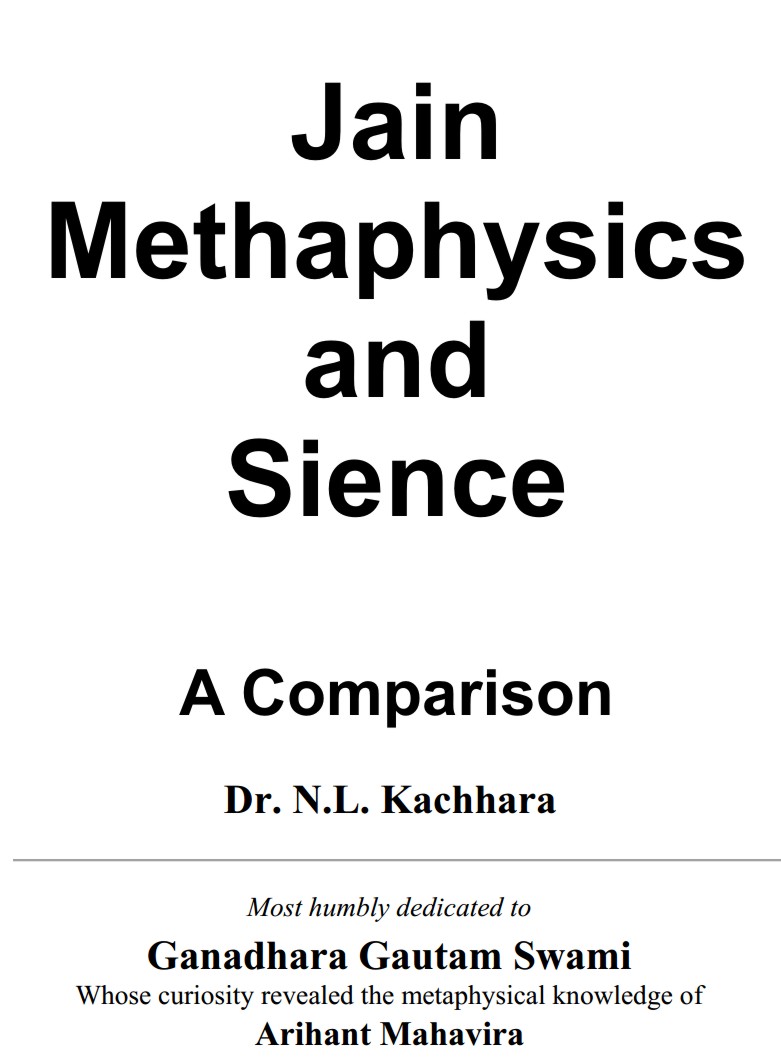According to Jain philosophy there are six (and only six) kinds of substances in nature.
- Dharmastikaya (or Dharama) It helps motion of Jiva (life) and pudgala (matter and energy)
- Adharmastikaya (or Adharma) - It helps Jiva and pudgala to assume rest position.
- Akasastikaya (or Akasa) - It provides accommodation to all other five realities.
- Pudgalastikaya (or Pudgala) It means all matter and energy
- Jivastikaya (or Jiva) It refers to all forms of life.
- Kala time.
All the six substances co-exist and accommodate one another. Although they are mixed with each other they maintain their separate identity. The suffix 'astikaya' used in first five realities above refers to the property of spatial extension. These substances are homogeneous continuum composed of multiple parts or pradesas. A pradesa is the space occupied by one paramanu. The term 'astikaya' is a compound word made up of 'asti' and 'kaya' which respectively mean '(real) existence' and extensive body. The term astikaya thus means a real extensive magnitude i.e. having plurality of parts, (pradesa) in its constitution. Kala is not an astikaya, it has neither extension in space nor plurality of parts. Each of these substances continues to exist as an entity eternally.
 Dr. N.L. Kachhara
Dr. N.L. Kachhara
